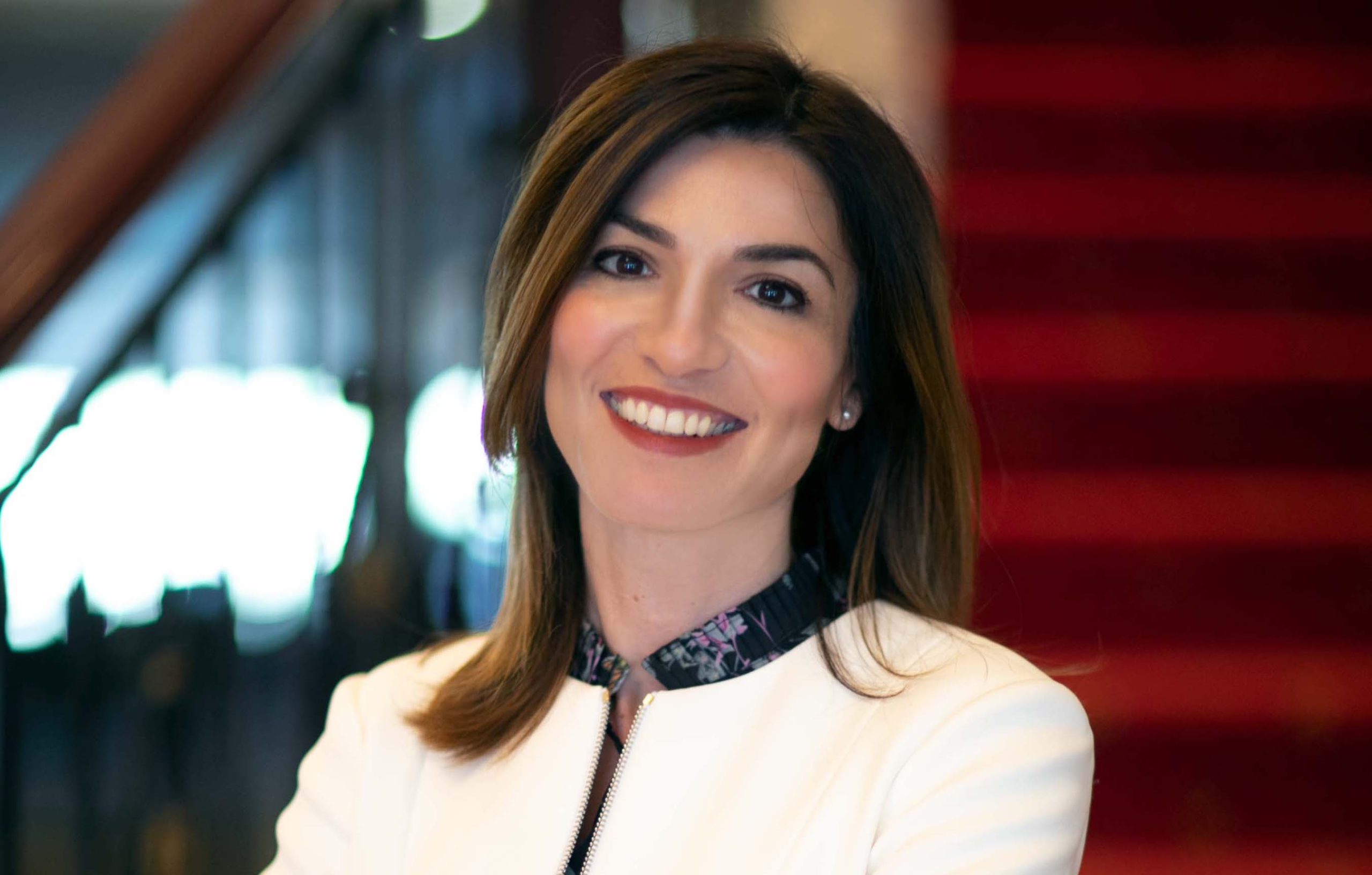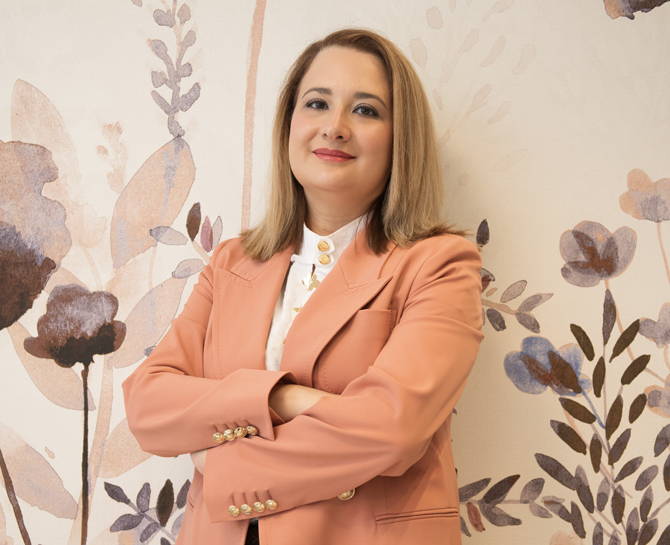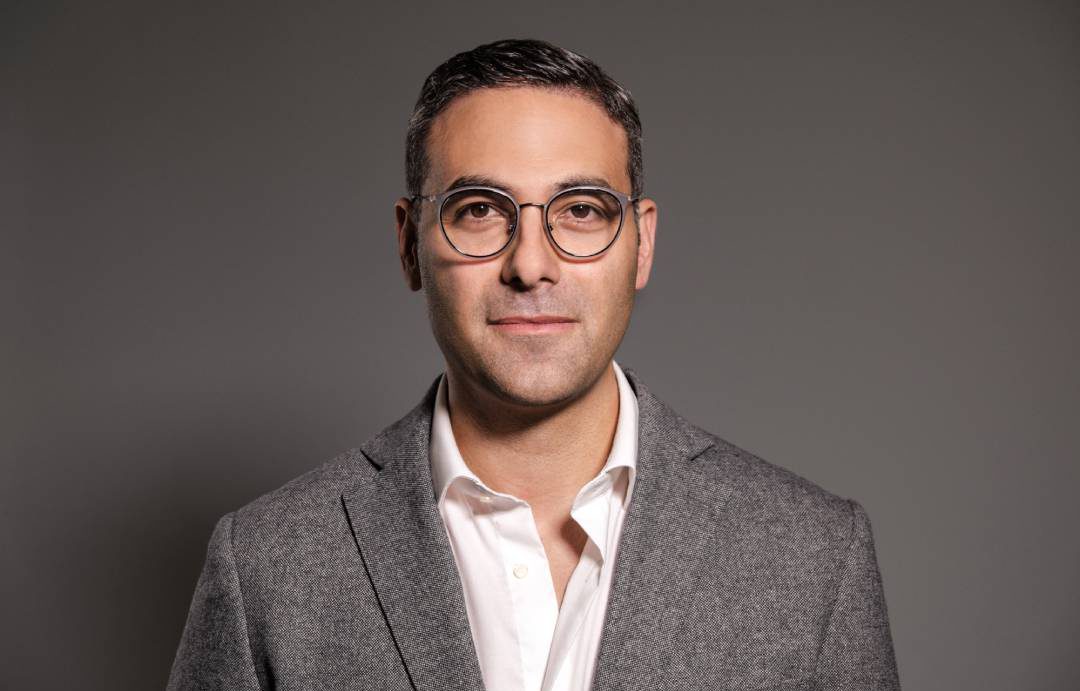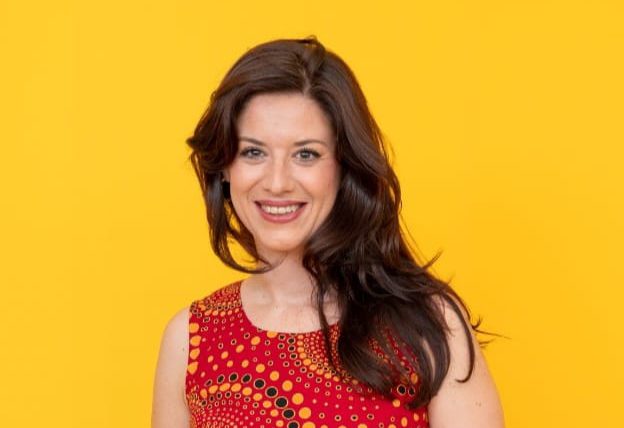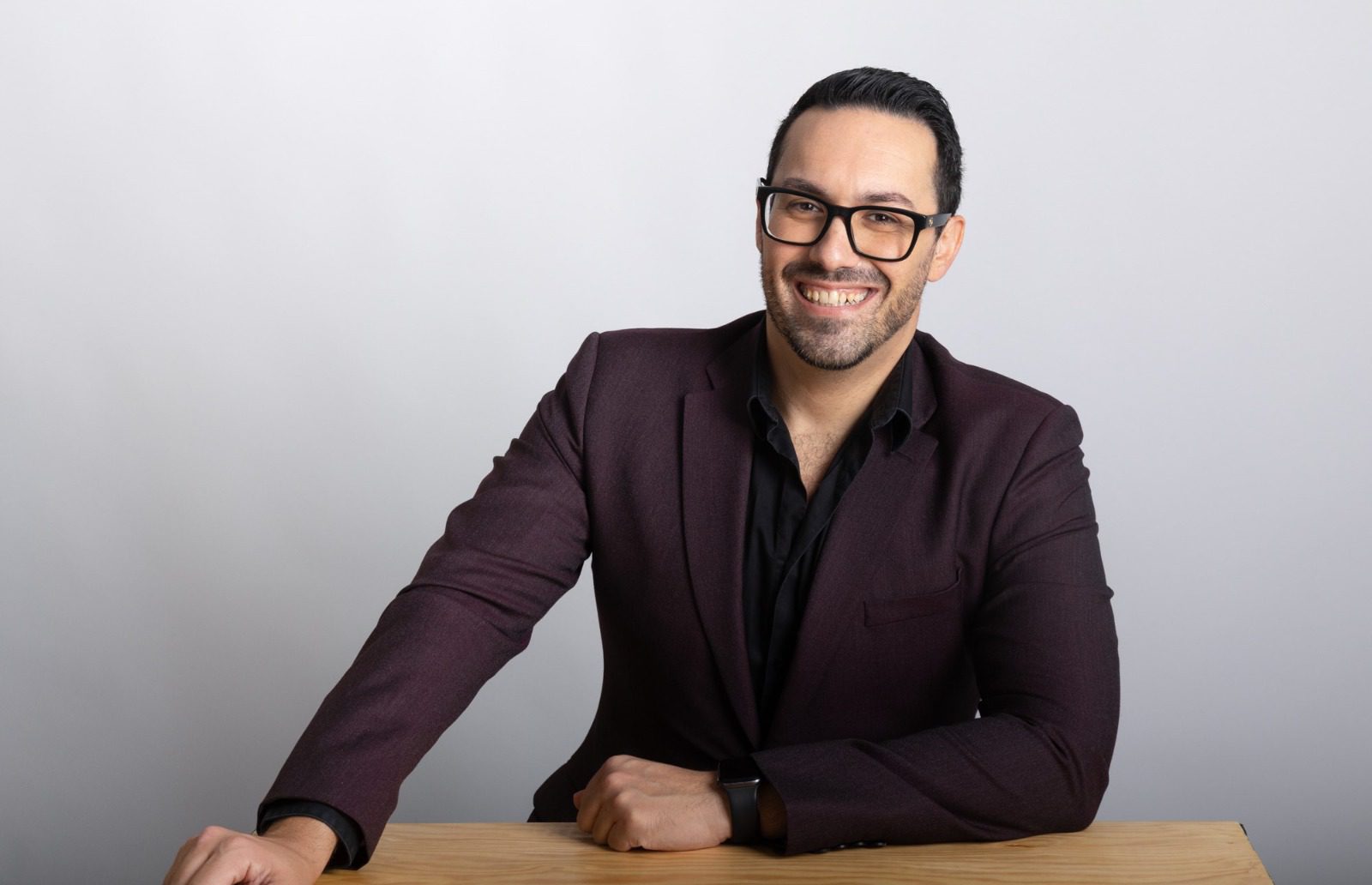“I have always had the ambition to be a catalyst for change,” says Malta Institute of Accountants CEO Maria Cauchi Delia, in the next instalment of MaltaCEOs’ series of interviews with successful women in business.
Showing a natural flair for sciences from a young age, Maria explains that she found the career paths in the field somewhat limiting at the time, which led her to study accountancy, going on to join one of the Big Four firms. “It was an exciting period for the profession, and I was involved in auditing, consultancy and lecturing. When the opportunity to join the firm’s international office in Milan arose, I grabbed it with both hands,” she recalls.
Back in Malta, Maria worked as a financial controller in the tourism sector before moving on to the public sector within the National Audit Office. After that, she spent a few years practicing accountancy as a freelancer, servicing public and private organisations. Having become a member of The Malta Institute of Accountants (MIA) after completing her studies, she applied for the position of Financial Controller in 2013, revealing that “it was a great privilege for me to join this dynamic body that was leading the evolution of the profession.”
“My appointment as CEO in 2016 was a culmination of the many professional and personal experiences that came before, both within the accountancy profession as well as outside of it. Although I had never set out to become the CEO of the Institute, my propensity for leadership, transformation, and impact guided me to fulfil my aspirations for change in this role,” she says.
Discussing her trajectory, the CEO maintains that overcoming obstacles is an intrinsic part of the journey towards leadership and believes that men and women face different sets of barriers along the way. “I feel that women, in general, need to make an added effort to prove that their views are valid, and an assertive woman is all too often characterised as intimidating or aggressive.”
In Maria’s case, she admits, “I was never one to be deterred by hurdles; quite the contrary, I usually meet challenges head on. I have generally been able to navigate biases, conscious or unconscious, to drive the changes that were needed.”
And while the CEO says she has not experienced systematic gender-based discrimination as a professional, she does recall one instance where she was told that “I had not been selected for a position for which I was perfectly qualified and experienced simply because I was considered of childbearing age – and the hiring company treated that as a risk.”
Reflecting on whether women tend to face greater obstacles to reach top positions at work, Maria maintains that it takes time to win trust and respect, but women frequently struggle a little more to gain the recognition they deserve.
“Culturally, many people still think of leadership as a fundamentally masculine quality, and there are also women who see it this way. Unfortunately, we tend to apply different measures to men and women in top positions,” she says, highlighting that women, for example, are sometimes disproportionately judged by their physical appearance in a way that men are not, with difference in attitudes towards image and looks potentially developing into an unfair hurdle for budding female leaders.
Attributes of character and personality, too, are frequently weighed in a different way, the CEO notes. “A male leader with a bold temperament is generally considered charismatic, while a strong female leader is more likely to be dismissed as hostile.” And, apart from expectations borne out of traditional stereotypes, Maria also points to biological differences that can come into play. “For example, studies have shown a trend for lower pitched voices to be preferred to higher pitched ones, particularly for leaders,” she says, adding that these contrasts will continue to pose undue barriers to women unless we move beyond the masculine prototype of leadership.
Statistically, Malta scores low among EU countries in its representation of women holding board positions in large companies. In order to change this, the MIA CEO believes that we need to empower leaders – both female and male. “In many cultures, women are expected to be more understanding, caring and to have higher emotional empathy, and this might clash with the traditional idea of authoritarian leadership. So, for long periods, the concepts of womanhood and leadership in industry seemed incompatible,” she explains.
Despite this, Maria says she is encouraged by signs of progress on both fronts: “it is no longer considered unbecoming of a woman to be assertive, determined, competitive – even if there is still a long way to go. On the other hand, leaders are increasingly expected to show empathy and develop their listening and mediation skills.”
And, as society slowly moves towards a convergence between our notions of femininity and leadership, the CEO believes that we need to invest in meritocracy and future leadership in order to sustain this movement and achieve true equality of opportunity.
As a CEO, her advice to aspiring leaders is simple: set clear goals and work towards them. “Leadership is determined by ability not gender, and if you are ready to put in the effort and perseverance to become a leader, then seek the right preparation to achieve your ambitions,” she asserts.
Having said that, Maria also highlights the fact that not everyone is called to be a leader. “Leadership can be a lonesome pursuit and comes with all sorts of pressures and frustrations. So, it is extremely important for aspiring leaders to assess their own qualities and what they want in life before aiming for top positions just for the sake of prestige,” the CEO advises, before imparting her final words of wisdom.
“The finest trait of any great leader is humility. Play to your strengths, aim high, but keep your feet firmly on the ground.”
‘My vision is not just to meet local standards, but to exceed them’ – Dr Anna Maria Fenech Magrin
The Medical Director at DoctorAM Clinics is bringing all of her knowedge and experience in the field of aesthetic medicine ...
Addressing skill gap in advanced technology will be 2024’s primary challenge – EBO.ai CEO Gege Gatt
During an interview from our latest series, the AI expert says he wants to align his personal growth with that ...
Charlene Sciberras’s journey to CEO ‘reshaped’ her approach to leadership and ‘honed’ her abilities
In our end-of-year series, she states that her promotion to CEO back in March was a ‘pivotal and transformative experience’ ...
‘Success is a shared journey, not a solo endeavour’ – VentureMax CEO Justin Paul Anastasi
In the latest article from MaltaCEOs.mt’s interview series, the VentureMax CEO says 2023 was ‘transformative’, yet also equally ‘intense’ and ...


